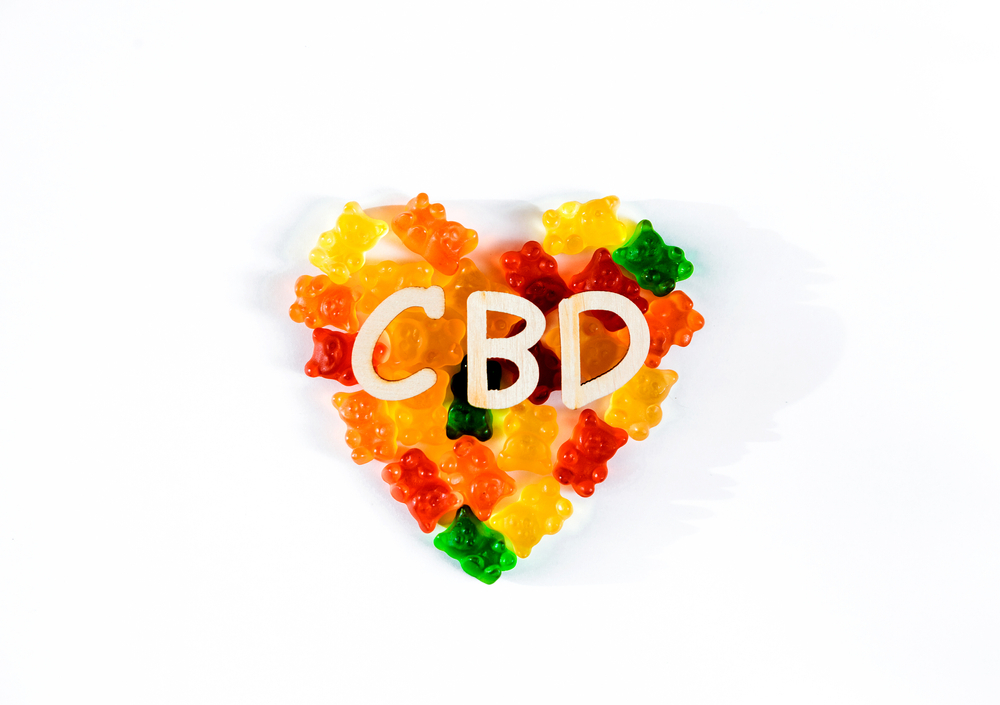Delta 8 THC vs Delta 9 THC: What’s The Difference?

The cannabis plant is a treasure trove of chemical compounds, with cannabinoids being the most prominent and intriguing. Among these, Delta-9 THC is the most well-known, garnering attention for its psychoactive effects that contribute to the 'high' associated with marijuana use. But, in recent years, a lesser-known cousin, Delta-8 THC, has emerged from the shadows, piquing curiosity and interest among cannabis enthusiasts and researchers alike.
Join us as we demystify the cannabinoid showdown between delta-8 and delta-9.
Delta 8 vs. Delta 9 Chemical Difference
Delta 8 and Delta 9 THC may seem similar, but their molecular structures hold key disparities that influence their effects on the body. While both belong to the tetrahydrocannabinol family, their arrangement of atoms differs slightly, resulting in distinct interactions with the endocannabinoid system.
Delta 8 THC contains a double bond on the eighth carbon chain, whereas Delta 9 THC possesses this bond on the ninth carbon chain. This variance may seem minor, but it significantly impacts how these compounds bind to cannabinoid receptors in the body. Delta 8's molecular structure may lead to milder psychoactive effects compared to Delta 9, making it an appealing option for those seeking a more gentle experience.
How Are Delta-8 And Delta-9 Produced?
The production process plays a crucial role in determining the composition and potency of Delta 8 and Delta 9 THC products. While both can be derived from the cannabis plant, their extraction methods and chemical conversions differ.
Delta 8 THC contains a double bond on the eighth carbon chain, whereas Delta 9 THC possesses this bond on the ninth carbon chain. This variance may seem minor, but it significantly impacts how these compounds bind to cannabinoid receptors in the body. Delta 8's molecular structure may lead to milder psychoactive effects compared to Delta 9, making it an appealing option for those seeking a more gentle experience.
Production of Delta-9 THC:
- Plant Selection: The production of Delta-9 THC starts with selecting cannabis strains that are high in tetrahydrocannabinol (THC). These strains often contain low levels of cannabidiol (CBD) and other cannabinoids.
- Extraction Methods: i) Solvent Extraction: This method involves using solvents like ethanol or butane to dissolve the cannabinoids and other compounds from the plant material. The solution is then processed to remove impurities, leaving behind a concentrated extract rich in Delta-9 THC. ii) CO2 Extraction: CO2 extraction utilizes carbon dioxide under high pressure and temperature to extract cannabinoids from the plant material. This method is known for its efficiency and ability to produce high-quality extracts.
- Refinement: After extraction, the crude extract undergoes further refinement processes such as winterization and distillation to isolate and purify Delta-9 THC from other cannabinoids, terpenes, and plant material.
Production of Delta-8 THC:
- Synthesis from CBD:
Delta-8 THC can be synthesized from cannabidiol through a chemical reaction known as isomerization. This process involves altering the molecular structure of CBD to convert it into Delta-8 THC. Acidic conditions and catalysts are often used to facilitate this conversion.
- Direct Extraction from Hemp:
Through selective breeding and genetic manipulation, some hemp strains naturally produce higher levels of Delta-8 THC. These strains are cultivated specifically for their Delta-8 content. After cultivation, the Delta-8 THC can be extracted using similar methods as Delta-9 THC extraction.
- Molecular Isolation: In some cases, Delta-8 THC can be isolated directly from hemp extracts through chromatography or other purification techniques. These methods separate Delta-8 THC from other cannabinoids and impurities, yielding a highly concentrated and pure product.
The Use Difference between Delta-8 THC vs. Delta 9 THC
Delta-9 THC is like the superstar of cannabis – it's famous for giving you that classic, intense high that everyone talks about. It's the go-to choice for a lot of people looking for a fun time, boosting their mood, sparking creativity, and helping them chill out.
In contrast, Delta-8 THC presents a nuanced alternative, offering a journey that is both familiar yet subtly different. Described by many as a milder cousin to Delta-9, Delta-8's psychoactive effects unfold with a gentler touch, evoking sensations that are characterized by their subdued nature.
This subtlety lends itself well to individuals seeking a more tempered experience, one that allows for greater clarity of mind while still exploring the depths of relaxation and introspection.
Delta-9 THC is like the superstar of cannabis – it's famous for giving you that classic, intense high that everyone talks about. It's the go-to choice for a lot of people looking for a fun time, boosting their mood, sparking creativity, and helping them chill out.
In contrast, Delta-8 THC presents a nuanced alternative, offering a journey that is both familiar yet subtly different. Described by many as a milder cousin to Delta-9, Delta-8's psychoactive effects unfold with a gentler touch, evoking sensations that are characterized by their subdued nature.
This subtlety lends itself well to individuals seeking a more tempered experience, one that allows for greater clarity of mind while still exploring the depths of relaxation and introspection.
-
Delta 9 THC Gummies - Cherry Bombs 20 Gummies
Rated 5.00 out of 5$24.99 -
1200mg Delta 8 THC Oil
Rated 5.00 out of 5$19.99

The Use Difference between Delta-8 THC vs. Delta 9 THC
Delta-9 THC is like the superstar of cannabis – it's famous for giving you that classic, intense high that everyone talks about. It's the go-to choice for a lot of people looking for a fun time, boosting their mood, sparking creativity, and helping them chill out.
In contrast, Delta-8 THC presents a nuanced alternative, offering a journey that is both familiar yet subtly different. Described by many as a milder cousin to Delta-9, Delta-8's psychoactive effects unfold with a gentler touch, evoking sensations that are characterized by their subdued nature.
This subtlety lends itself well to individuals seeking a more tempered experience, one that allows for greater clarity of mind while still exploring the depths of relaxation and introspection.
Delta-9 THC is like the superstar of cannabis – it's famous for giving you that classic, intense high that everyone talks about. It's the go-to choice for a lot of people looking for a fun time, boosting their mood, sparking creativity, and helping them chill out.
In contrast, Delta-8 THC presents a nuanced alternative, offering a journey that is both familiar yet subtly different. Described by many as a milder cousin to Delta-9, Delta-8's psychoactive effects unfold with a gentler touch, evoking sensations that are characterized by their subdued nature.
This subtlety lends itself well to individuals seeking a more tempered experience, one that allows for greater clarity of mind while still exploring the depths of relaxation and introspection.
Is Delta 8 & Delta 9 Legal?
The legal status of Delta 8 and Delta 9 THC varies depending on jurisdiction and source. While Delta 9 THC remains heavily regulated in many regions due to its psychoactive properties, Delta 8 THC has garnered attention for its potential legal loopholes.
In the United States, for example, the 2018 Farm Bill legalized hemp-derived products containing less than 0.3% Delta 9 THC on a dry weight basis. This legislation has led to the emergence of Delta 8 THC products derived from hemp, which are perceived to fall within a legal gray area.
Delta-8 vs Delta-9 Dosage
For Delta-8 THC, beginners are often advised to start with a low dose of around 5-10 milligrams. This allows individuals to gauge their sensitivity and tolerance before gradually increasing the dosage as needed. Intermediate users may find doses ranging from 10-40 milligrams suitable, while experienced users may opt for doses up to 60 milligrams, although caution is advised at higher levels.
Similarly, for Delta-9 THC, beginners typically begin with a low dose of around 2.5-5 milligrams to assess their response. Intermediate users may find doses between 5-15 milligrams effective, while experienced users may tolerate doses up to 30 milligrams or higher.
Delta 8 & Delta 9 Side Effects
Despite their potential benefits, both Delta 8 and Delta 9 THC carry the risk of side effects, especially when consumed in high doses or by sensitive individuals. Common side effects may include
- Dry mouth (also known as cottonmouth)
- Red eyes
- Increased heart rate
- Impaired cognitive function
What to look for in Delta 8 vs Delta 9 Products
When selecting Delta 8 and Delta 9 THC products, several factors should be taken into account to ensure quality, safety, and efficacy.
For Delta 9 THC Products:
Health Benefits: Delta 9 THC might offer potential health benefits, including relief from anxiety, glaucoma, insomnia, low appetite, muscle spasticity, obstructive sleep apnea, nausea, and pain.
Potency: Look for products with consistent and reliable potency levels to ensure you receive the desired effects.
Purity: Choose products made from high-quality cannabis strains without harmful additives or contaminants.
Third-Party Lab Testing: Opt for products that undergo third-party lab testing to verify potency, purity, and safety.
Transparent Labeling: Select products with clear and accurate labeling practices, including ingredient lists and dosage information.
Benefits: Delta 9 THC may provide relief from various health conditions and symptoms, promoting overall well-being and improved quality of life.
For Delta 8 THC Products:
Medical Use: About half of surveyed individuals reported using Delta 8 for medical reasons, such as panic attacks, stress, depression, bipolar disorder, and chronic pain.
Potency: Similar to Delta 9 products, seek Delta 8 products with consistent potency levels for predictable effects.
Purity: Ensure products are free from contaminants and made with high-quality ingredients to maximize safety and efficacy.
Third-Party Lab Testing: Confirm that products undergo independent lab testing to verify purity, potency, and safety standards.
Transparent Labeling: Choose products with transparent labeling practices, providing clear information about ingredients, dosage, and usage instructions.
Benefits: Delta 8 THC may offer relief from various medical conditions and mental health issues, providing a natural alternative for symptom management and improved overall well-being.
By considering these factors and benefits when selecting Delta 8 and Delta 9 THC products, consumers can make informed choices that prioritize quality, safety, and efficacy, tailored to their specific needs and preferences.
The Takeaway: Delta-8 vs Delta-9 THC
In summary, Delta 8 and Delta 9 THC offer distinct experiences and effects, each with its own unique properties and implications for consumption. While Delta 9 THC is renowned for its potent psychoactive effects, Delta 8 THC is perceived to offer a milder alternative with potential legal advantages.
FAQ
How much Delta 8 is equivalent to Delta 9?
The equivalency between Delta 8 and Delta 9 THC varies depending on individual tolerance and product potency. It's essential to start with a low dose and adjust gradually to achieve desired effects safely.
Is Delta 9 regular THC?
Yes, Delta 9 THC is the primary psychoactive compound found in cannabis and is responsible for the euphoric "high" commonly associated with marijuana consumption.
Which is stronger, Delta 8 or Delta 9?
Delta 9 THC is typically considered stronger than Delta 8 THC due to its higher potency and psychoactive effects.
Is 0.3 Delta 9 a lot?
The threshold of 0.3% Delta 9 THC is significant in determining the legal classification of hemp-derived products. However, individual sensitivity and tolerance levels may vary.
Are there Delta-9 gummies available?
Yes, Delta-9 THC gummies are among the many cannabis-infused edibles available in legal markets where marijuana products are permitted.
Is Delta-8 stronger than Delta 9?
Delta-9 THC is generally regarded as stronger than Delta-8 THC due to its higher potency and psychoactive effects.
Are Delta 9 gummies suitable for sleep?
Delta 9 THC gummies may have sedative effects that could potentially aid in sleep, but individual responses may vary. It's essential to consult with a healthcare professional before using any cannabis product for sleep.
Contents
- 1 Delta 8 vs. Delta 9 Chemical Difference
- 2 How Are Delta-8 And Delta-9 Produced?
- 3 The Use Difference between Delta-8 THC vs. Delta 9 THC
- 4 The Use Difference between Delta-8 THC vs. Delta 9 THC
- 5 Is Delta 8 & Delta 9 Legal?
- 6 Delta-8 vs Delta-9 Dosage
- 7 Delta 8 & Delta 9 Side Effects
- 8 What to look for in Delta 8 vs Delta 9 Products
- 9 The Takeaway: Delta-8 vs Delta-9 THC
- 10 FAQ




